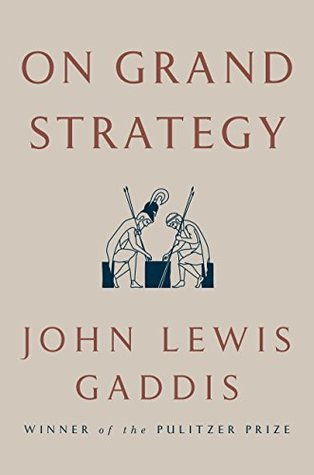More on this book
Community
Kindle Notes & Highlights
For the practice of principles must precede their derivation, articulation, and institutionalization. You may be looking at clouds, like Polonius, but you’ll need to have both feet firmly planted on the ground.
That’s because checklists adapt better to change than commandments.
It followed, then, that distillations of these, if sharply focused and succinctly presented, could prepare states for the future. Machiavelli most closely met this standard: The Prince, to paraphrase Pangloss, is the best of all policy briefs. All the more so for its author’s having never, ever confused power with PowerPointTM.
skeptical Andrei—an eerie stand-in for Clausewitz—with the disdain
And so Lincoln asked for and got what Adams and Clay would have envied: internal improvements including a railroad to the Pacific, the cheap sale for settlement of western public lands, subsidized state universities, a protective tariff, a centralized banking system, and even, while the war lasted, a federal income tax. Only the banks and taxes had current military utility. The rest laid foundations for the power without which, in the twentieth century, the “new world” couldn’t repeatedly have rescued liberty in the “old.”88
Why don’t you ever see tightrope walkers without long poles? It’s because they’re stabilizers, as critical to the reaching of destinations as the steps taken toward them. And yet, the poles work by feel, not thought: focusing on them risks falling. Temperament functions similarly, I think, in strategy. It’s not a compass—that’s intellect. But it is a gyroscope: an inner ear complementing Clausewitz’s “inward eye.” Like poles on tightropes, temperament makes the difference between slips and safe arrivals.


